
TOKYO -- The U.S. Navy's guided missile destroyer USS Barry departed from Yokosuka, Japan last Friday, ending a forward deployment of six years. Its replacement, the newer USS Shoup, arrived at the base in December.
The six-year service is significantly shorter than previous Yokosuka-based destroyers. In 2021, the USS Curtis Wilbur and the USS John S. McCain left Japan after 25 years and 24 years, respectively. Other recent destroyers were stationed between 11 to 15 years.
It signals that the Navy is accelerating its ship rotation, bringing the most capable ships forward to the Indo-Pacific region, as tensions in the Taiwan Strait rise. The USS Barry's replacement USS Shoup is a Flight IIA version of the Arleigh Burke-class guided-missile destroyer equipped with two helicopter hangars that can accommodate the MH-60 Seahawk, the U.S. Navy's primary submarine hunter.
The Barry, commissioned in December 1992, is one of the Navy's oldest destroyers in service. It was the second ship of the Arleigh-Burke class, following the lead ship USS Arleigh Burke.
Its first two commanding officers were Gary Roughead, who later went on to be chief of naval operations, the professional head of the Navy, and James Stavridis, who became NATO's supreme allied commander.
"I was privileged to oversee the ship's construction and assemble the first crew to serve aboard," Roughead told Nikkei Asia. "It was a new class of ship and we were the first of the class to be built at the Ingalls Shipyard in Mississippi," he said. The USS Arleigh-Burke, commissioned a year earlier, was built by Bath Iron Works in Bath, Maine.
These ships were the first destroyers in the world equipped with the AEGIS Weapons System -- a combination of powerful computers and radars to track and guide weapons to destroy enemy targets.
"Learning new systems, training with a superb crew, and sailing the ship away for the first time are among the most special memories of my long career," Roughead said.
On the rapid rotation of forward-deployed ships, Roughead said it will "enable more extensive capabilities to be exchanged more frequently than the pace of the past."
"The more frequent rotation -- 6 years or so -- also allows more complex maintenance to be undertaken when the forward-deployed ships are returned to the U.S. If that lengthy maintenance were to be done while the ship is forward deployed, the ship would not be available operationally while the maintenance is being performed," he said.
"This way, newer capabilities are added more frequently while keeping the number of forward ships available for operations. The bottom line is a more capable, ready force in the region."
In October 1993, Roughead was relieved by Stavridis, now a frequent commentator and bestselling author.
Stavridis told Nikkei: "I took over command of USS Barry in 1993 when she was brand new. I was captain for the ship's maiden deployment from her home port of Norfolk, Virginia, when we sailed to the Balkans for combat duty during the conflict there."
He added that many years later, when he was NATO commander, the ship was again under his command during the early days of the NATO intervention in Libya in 2011, launching Tomahawk missiles in combat.
"She is a distinguished destroyer, and one that has been faithfully upgraded with newer combat systems over the years. The addition of an even more capable AEGIS destroyer with embarked helicopters, USS Shoup, is appropriate given the concerns in the region over Chinese naval expansion," he said.
"But USS Barry will always count its time on the front line of the Pacific among its many contributions to global security," Stavridis said.
The Barry will now move to Everett, Washington, where the ship will undergo routine maintenance, according to the Navy. After transiting across the international date line, she will be part of the Ke Koa O Ke Kai (Warriors of the Sea) Destroyer Squadron 31, based in Pearl Harbor, Hawaii.
During her time in Yokosuka, the Barry participated in seven allied and coalition exercises, 12 foreign port visits and sailed nearly 3.8 million miles (6.1 million kilometers) across the Pacific, according to the Navy.






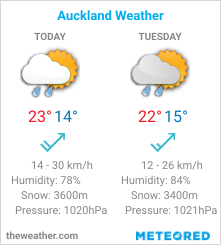
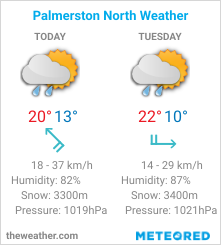
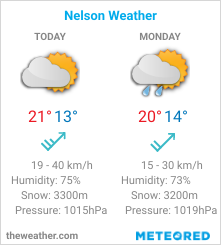

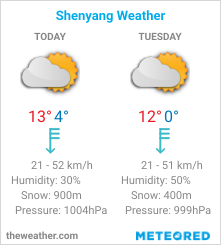
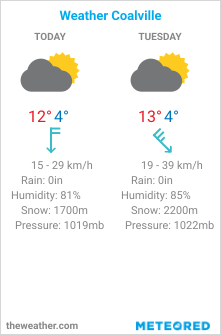
No comments:
Post a Comment
How did you like the post, leave a comment. I would appreciate hearing from you all. Best wishes from JC's Naval, Maritime and Military News